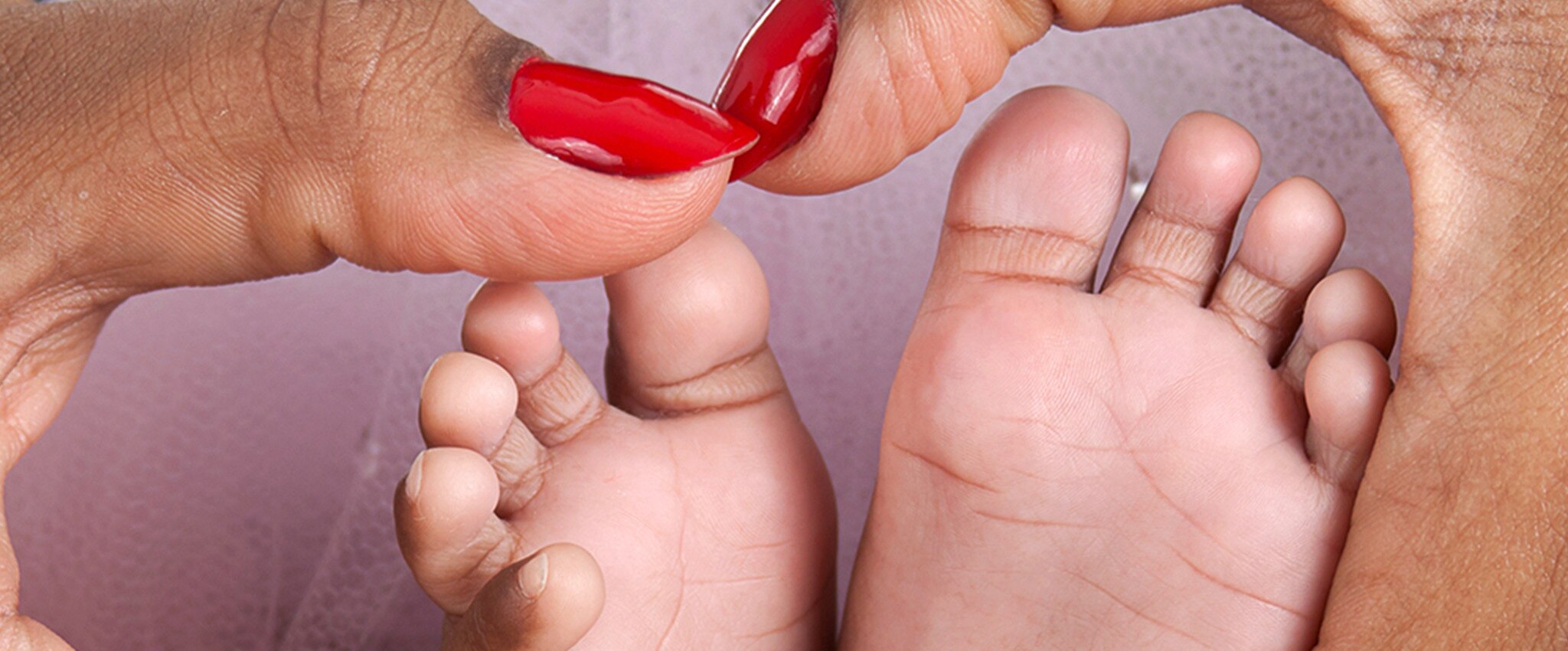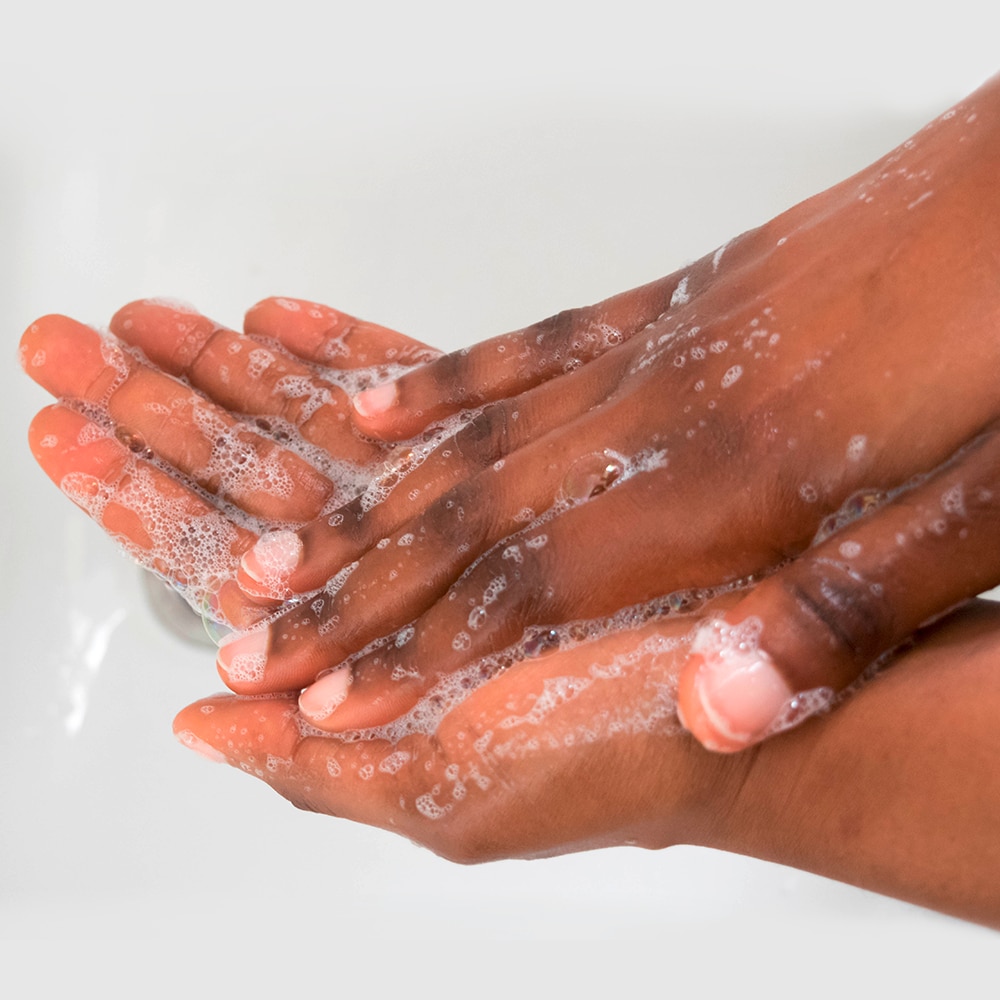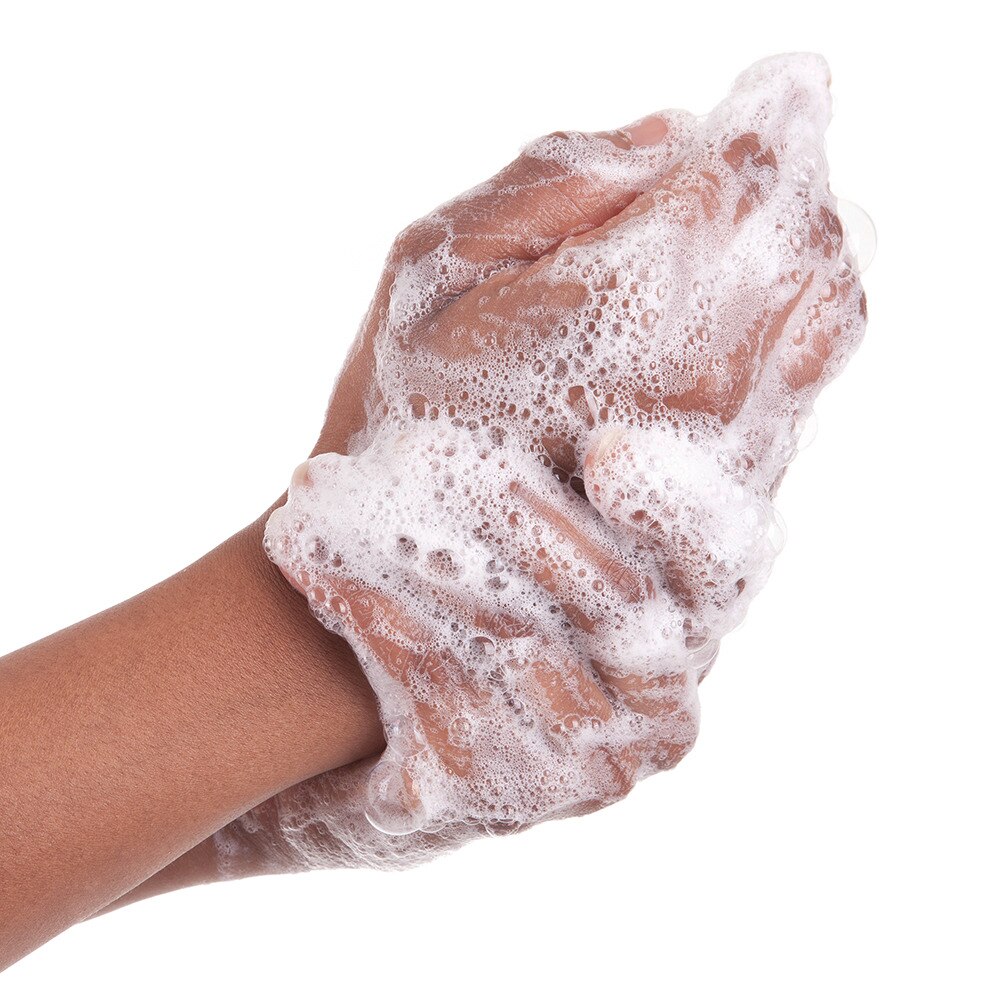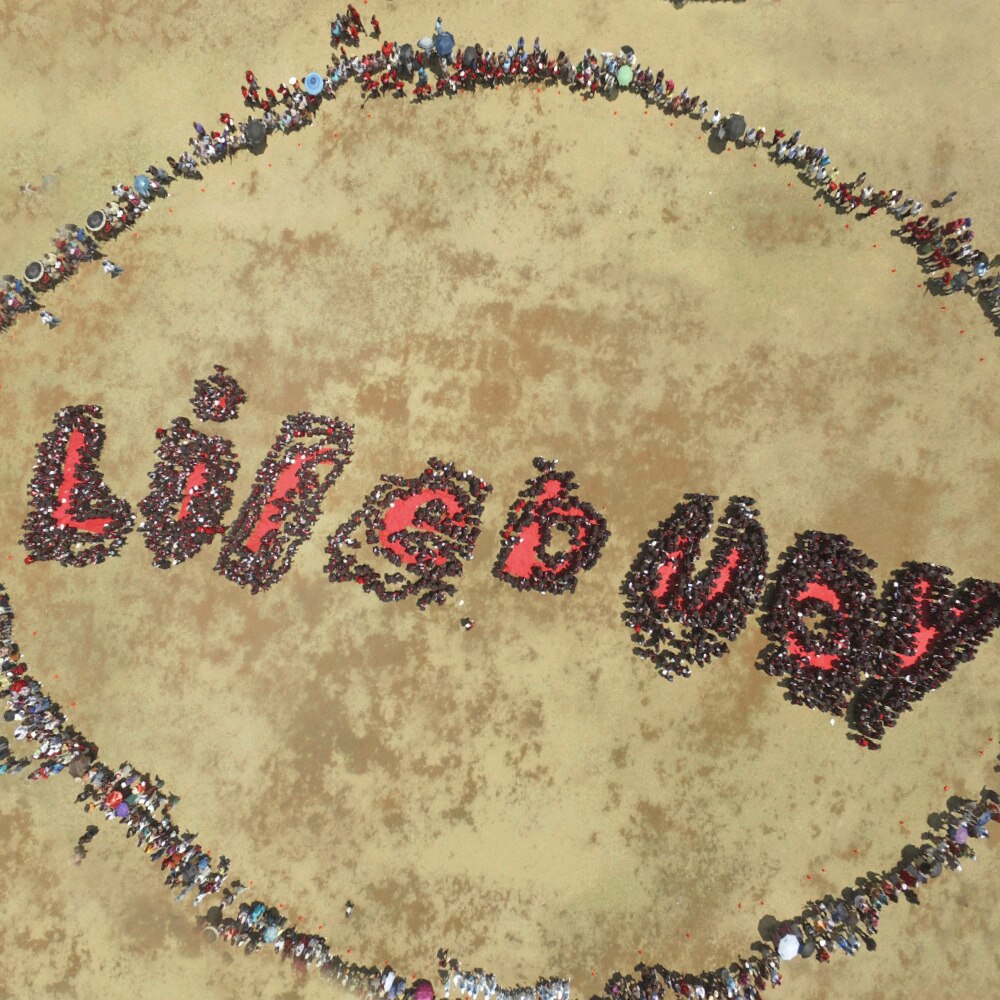Congratulations! You’re the proud new parent of a beautiful baby, and whether it’s your first, fourth or sixth it never gets any less amazing. To keep you from unnecessary stress and worry, you’ll want to do everything in your power to keep your newborn baby healthy and happy as it grows. With a newborn around the house, there are some hygiene rules that all members of the family should follow to make sure that your newborn doesn’t get sick.
Important Hygiene Rules To Follow With A Newborn
Regular Handwashing
Regular and thorough handwashing is one of the simplest things to implement after having your baby, but also something which is very often forgotten about or brushed off. Each year, over 40% of deaths in children under 5 occur in newborns who are younger than 28 days. They are particularly vulnerable to disease and illness (often preventable things such as diarrhoea) in their first few weeks, as they haven’t yet built up an immune system.
Because of this it’s incredibly important to make sure that you do all you can in terms of infection prevention for your newborn. One of the easiest ways to protect against germs is to make sure that anyone who handles your baby has clean hands. Here are some instances where you should wash your hands thoroughly.
- When handling premature babies
- If you are sick (for instance, you have a cough, cold or stomach bug)
- Before and after nappy changes
- After you have used the bathroom
- When you have been outside
- After being around anyone who is sick
- After handling pets
- After touching raw food
Limit exposure to risky situations
Do not let anyone who is sick come into contact with your baby, no matter how much they beg or promise that they won’t cough or sneeze! As your baby doesn’t have a strong immune system yet, it really is better to be safe than sorry.
You should also limit your baby’s exposure to large groups of people (such as in public places or at big gatherings) until he or she is at least six weeks old, because big groups increase the chance of your baby catching a cold, respiratory illness or other bug.
Also be careful of letting your newborn come into contact with pets. Their saliva could contain germs and bacteria that are harmful to your baby, and given how pets like to lick, this could make your baby quite sick.
Keep “germy” areas clean
You don’t need to go over the entire house with a bottle of disinfectant every morning, but you do want to make an effort to minimise germs in the household, especially in areas your baby will come into regular contact with. Remember to wash dish towels often, clean taps and toilet seats, wipe down your baby’s toys with an antibacterial solution and sterilise feeding equipment.




